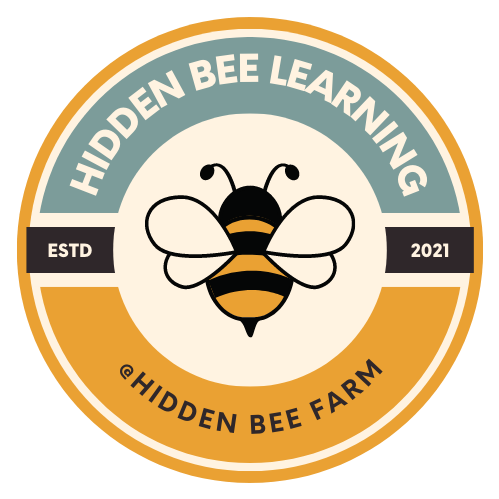A Blueprint for Success
Creating an optimal homeschool environment is not just about aesthetics; it’s rooted in the science of how we learn. Studies in educational psychology suggest that a well-structured and personalized learning space can significantly enhance focus, motivation, and cognitive engagement. Factors such as natural lighting, organized storage, and comfortable seating arrangements have been shown to positively impact attention span, information retention, and overall well-being. By understanding the psychological and physiological principles behind learning environments, parents can craft spaces that not only cater to their child’s individual needs but also foster an atmosphere conducive to academic and personal growth.
Benefits of a Well-Designed Homeschool Environment
- Enhanced Focus and Concentration: A quiet, dedicated space minimizes distractions, helping children concentrate better on their studies.
- Personalized Learning Experience: Tailoring the environment to your child’s needs can boost their motivation and cater to their individual learning style.
- Flexibility and Adaptability: Homeschooling allows for a flexible schedule and learning pace, which can be especially beneficial for children with special needs or those in traveling families.
- Increased Comfort and Security: A familiar and comfortable setting can create a sense of security, fostering a positive learning atmosphere.
Designing Your Ideal Homeschool Environment
- Select the Ideal Location:
- Organize with Storage Solutions:
- Create a Seating Plan:
- Lighting Matters:
- Technology and Connectivity:
- Decorate to Inspire:
- Hands-On Learning Stations:
- Create a Reading Nook:
- Set Ground Rules:
- Stay Flexible:
- Comfort and Climate Control:
- Fun and Whimsy:
- Supply Station:
- Teacher’s Area:
- Outdoor Learning:
- Scheduled Breaks:
- Maintain Cleanliness:
Maintaining a well-structured homeschool environment can have long-lasting benefits that extend into adulthood. The skills and habits cultivated in such an environment, including self-discipline, time management, and organization, are highly transferable to professional settings. Moreover, the ability to adapt to different learning and working spaces, a skill honed through homeschooling, is increasingly valuable in today’s dynamic job market. Exposure to a personalized and focused learning environment can also foster a lifelong love of learning, critical thinking, and problem-solving skills, which are crucial for success in any career.
However, this is not to say that the benefits of a relaxed homeschool environment should be overlooked. Learning from the world around you, exploring personal interests at your own pace, and having the flexibility to adapt the learning environment to suit different needs can be equally valuable. It’s about finding the right balance between structure and freedom, allowing children to develop discipline and focus while also nurturing their curiosity and creativity. This balanced approach can prepare them for a future where they can confidently navigate both structured and unstructured environments.
By blending structure with flexibility, parents can provide a foundation that not only supports academic success but also fosters personal growth and development. As children transition into adulthood, the skills and experiences gained from this approach can become invaluable assets, equipping them to navigate the challenges of life with confidence and resilience. Embracing the dynamic nature of learning and adapting to the changing needs of your child will ultimately pave the way for a fulfilling educational journey and a successful future.

